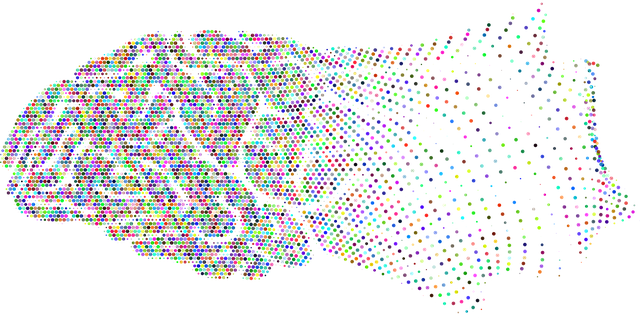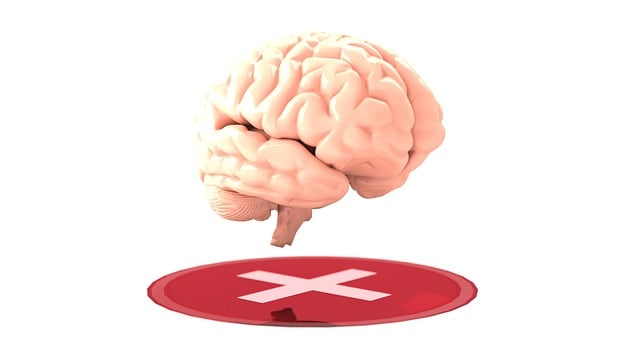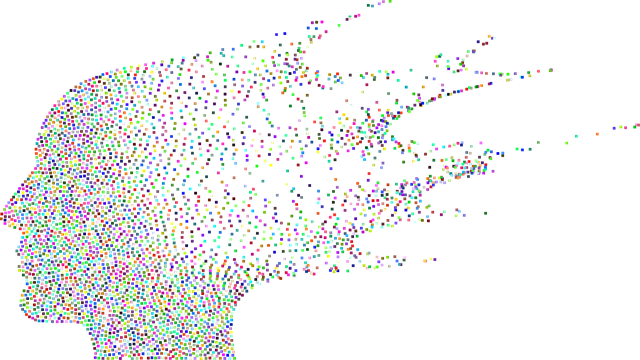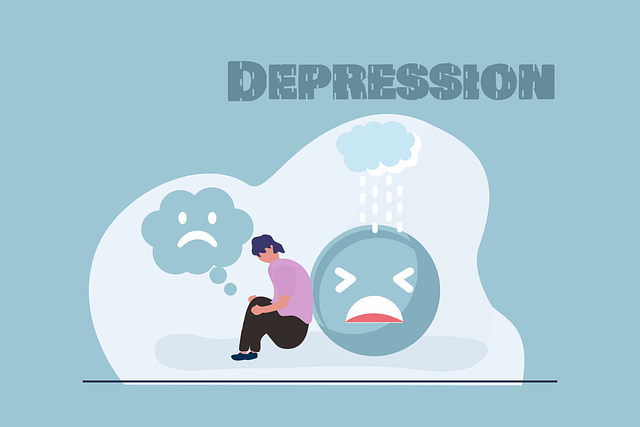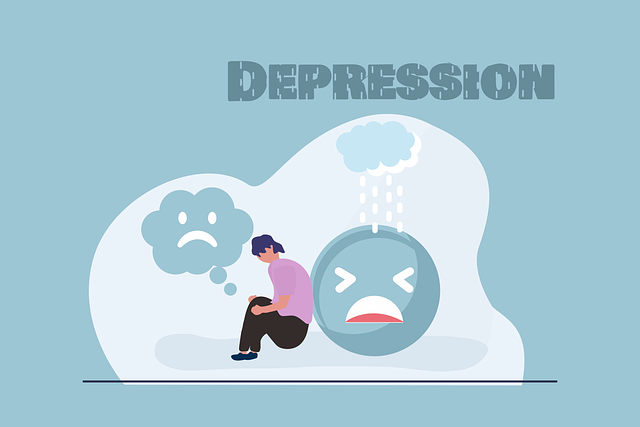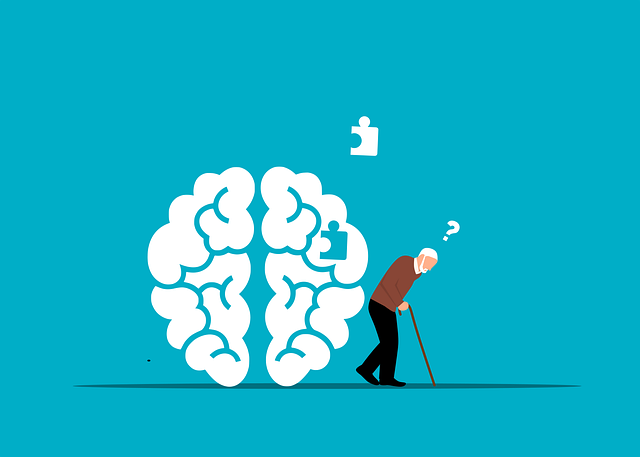Northglenn Developmental Disability Therapy offers specialized emotion regulation programs for individuals with developmental disabilities, combining cognitive-behavioral therapy and mindfulness practices. Through evidence-based techniques like mood management, self-awareness exercises, and role-playing, clients gain emotional intelligence and conflict resolution skills. This approach enhances well-being, improves communication, strengthens relationships, and fosters resilience in navigating daily challenges, empowering individuals with lasting coping mechanisms.
Emotion regulation is a vital skill for individuals with developmental disabilities, enabling them to manage and understand their feelings effectively. This article explores the critical role of Northglenn Developmental Disability Therapy in teaching emotion regulation techniques, enhancing emotional intelligence, and fostering long-term success. We delve into practical strategies and activities that cater to this specific need, providing insights into how these techniques can be implemented and generalized in daily life.
- Understanding Emotion Regulation and its Importance for Individuals with Developmental Disabilities
- The Role of Northglenn Developmental Disability Therapy in Teaching Emotion Regulation Techniques
- Practical Strategies and Activities to Enhance Emotional Intelligence
- Fostering Long-term Success: Implementing and Generalizing Emotion Regulation Skills
Understanding Emotion Regulation and its Importance for Individuals with Developmental Disabilities

Emotion regulation is a vital skill for individuals with developmental disabilities as it enables them to understand and manage their emotional responses effectively. This is particularly crucial in Northglenn Developmental Disability Therapy, where therapists play a significant role in teaching these strategies. By learning mood management techniques, individuals can gain better control over intense emotions, leading to improved overall well-being.
Stress management is another key aspect that goes hand in hand with emotion regulation. Self-awareness exercises, such as mindfulness practices, can help individuals recognize triggers and develop healthy coping mechanisms. These skills are essential for navigating daily challenges and promoting a sense of calm and resilience, which are critical components of a fulfilling life.
The Role of Northglenn Developmental Disability Therapy in Teaching Emotion Regulation Techniques

Northglenn Developmental Disability Therapy plays a pivotal role in teaching emotion regulation techniques to individuals with developmental disabilities. Through specialized programs and tailored interventions, this therapy organization offers a supportive environment where participants can learn to identify, understand, and manage their emotions effectively. The therapists at Northglenn use evidence-based strategies, combining elements of cognitive-behavioral therapy and mindfulness practices, to empower clients with the skills needed to cope with challenging situations.
Their comprehensive approach includes Stress Management Workshops designed to enhance emotional intelligence and teach conflict resolution techniques. By participating in these workshops, individuals gain valuable insights into their emotional responses and learn proactive methods for regulating their moods. This not only improves their overall well-being but also fosters better relationships by promoting healthy communication and understanding among peers and family members.
Practical Strategies and Activities to Enhance Emotional Intelligence

Teaching emotion regulation techniques is an essential part of Northglenn Developmental Disability Therapy, aiming to empower individuals with tools to navigate their emotional landscape effectively. Practical strategies and activities can significantly enhance emotional intelligence, fostering better self-awareness and management. One such technique involves mindfulness exercises, where simple breathing practices help individuals ground themselves in the present moment, reducing impulsive reactions.
Additionally, role-playing scenarios offer a safe space to practice expressing emotions healthily. Encouraging journaling can also boost self-esteem improvement by providing an outlet for reflection and processing feelings. These activities not only promote emotional well-being but also serve as effective burnout prevention strategies, allowing individuals to better handle stressful situations.
Fostering Long-term Success: Implementing and Generalizing Emotion Regulation Skills

Teaching emotion regulation skills is a key aspect of Northglenn Developmental Disability Therapy, aiming to empower individuals with long-term coping strategies. When effectively implemented, these techniques can significantly enhance overall well-being and quality of life. The process involves breaking down complex emotions into manageable parts, enabling better understanding and controlled responses. By generalizing these skills outside therapeutic settings, individuals can navigate emotional challenges more effectively in their daily lives.
This approach fosters self-reliance and adaptability, crucial for managing diverse situations. For instance, techniques learned can be applied when facing stress at work or during social interactions. Positive thinking, a valuable tool within emotion regulation, encourages a proactive mindset. Mental Health Policy Analysis and Advocacy plays a vital role in creating supportive environments that facilitate the integration of these skills into everyday routines. Similarly, Risk Management Planning for Mental Health Professionals ensures safe and effective delivery of these strategies, ultimately contributing to improved mental health outcomes.
Northglenn Developmental Disability Therapy plays a vital role in empowering individuals with developmental disabilities to navigate their emotions effectively. By understanding the importance of emotion regulation, therapists can utilize practical strategies and activities to enhance emotional intelligence. Through structured teaching methods, individuals learn to identify, manage, and express their feelings healthily, fostering long-term success and improved quality of life. These techniques not only benefit the individual but also contribute to a more inclusive and supportive society.
